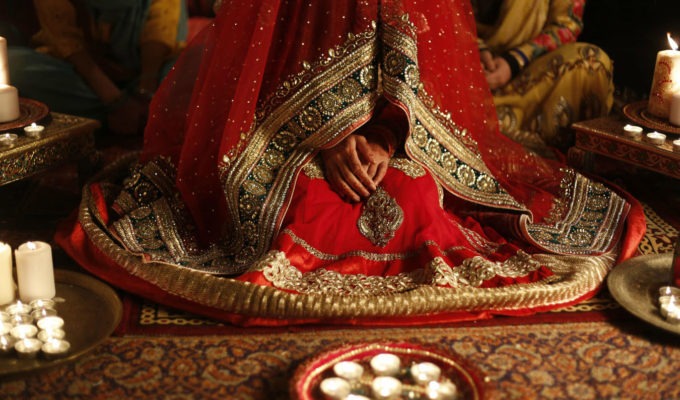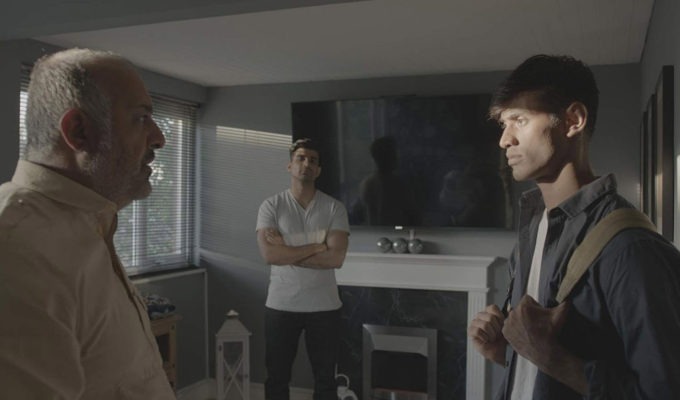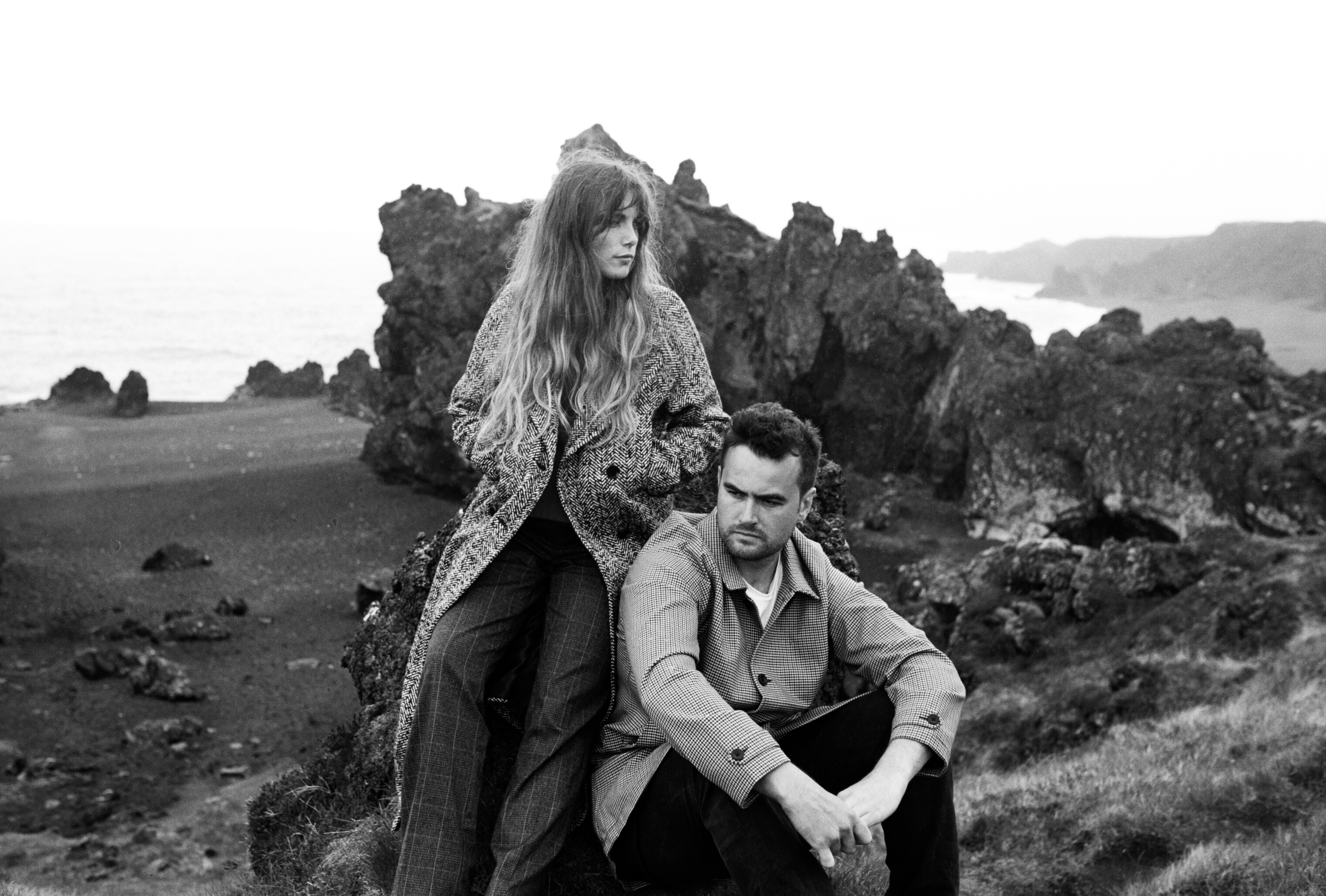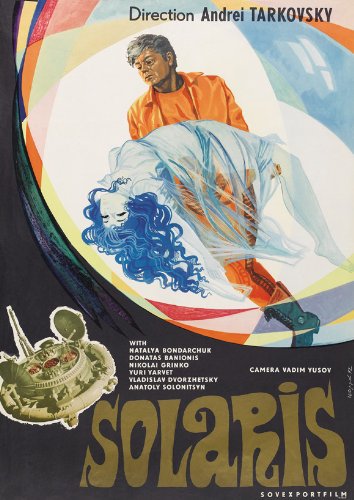The early 19th Century Holy Trinity Church – since 1996 the home of one of Brighton’s leading contemporary arts organisations Fabrica – served as a stunning host to a new programme of short films, jointly curated by Film Hub South East and BFI NETWORK. South East Stories showcases a series of short films from independent film-makers from across the region. The programme featured ten films, selected from over 120 applicants, each lasting 15 minutes or less.
The first film of the evening, Daily Cycle (directed by Harry Binstead and Shannon Smyth), is the story of a man’s struggle with an eating disorder as he stands in line at a fast food shop. Tense, nervous, and anxious, the film tackles issues of image and identity in a setting of excess consumption.
Directed by Jack Martin, Nailman follows Will, a teenage boy who attempts to navigate the complexities of young love. The Wider Sun (dir. Sophia Carr-Gomm) is a moving story about a silent young girl called Ru who encounters her own fantasy world when visiting her grandmother in Scotland. These stories about the formation and complexity of identity in childhood and adolescence manage to convey their messages, despite the limited duration of their form.
Issues of identity form the basis of several of the films in South East Stories, most notably Nãca (dir.Ramzan Miah) and Tehzeeb (dir. Myriam Raja). Nãca centres on Raheem, a young man from a Bengali Muslim community in Luton, who struggles against his father’s expectations as he explores his dream of becoming a dancer. Feelings of pride and shame surface and recede as Raheem moves between who he is expected to be, and who he wishes he could be. Myriam Raja’s Tehzeeb follows the eponymous central character, who is trapped in a loveless arranged marriage, struggling to adjust to life in the upper middle classes of England following her life in Pakistan. As she becomes more and more desperate to escape from her marriage, she argues with her husband about her identity, ultimately asking “When have I ever been myself?” This simple yet profound question could perhaps be applicable to any of the ten films featured in the programme.
From the ten selected films, one film was chosen by the curators as the overall winner. Jas (dir. Alice Trueman) explores the encounter of a young English-Iranian woman and a local racist ex-soldier in Hastings. Following a violent encounter with him, Jas and the old man share a moment of shared emotion which, whilst moving, seemed unexpected and implausible. Gazing out over the sea towards the horizon, the final shot of Jas leaves its message unclear, yet open to possibilities.
Whilst not officially singled out, special mention should be given to Shakira Francis’ 4C. In the space of four minutes, 4C focuses on a young girl who struggles with her Type 4C Afro hair. Initially believing her hair to be ugly, the young girl gradually learns to love her hair, and be proud of it. With few words, and close shots focusing on the girl’s hair, hands, and face, 4C is a moving exploration of identity, pride, and self-affirmation.
Seen in isolation, perhaps the messages of the films in South East Stories might not shine through as strongly. Together however, the exploration of how identities are formed, clash, and wage wars inside us clearly forms the basis of all ten of South East Stories’ works.






